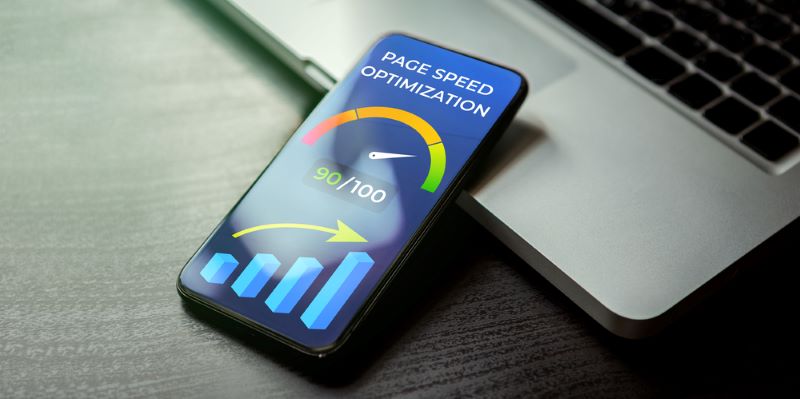
What frustrates Internet users the most? The answer is waiting forever for a web page to load. In the marketing world, if it takes too long for a page to respond, the brand has lost a prospect and a chance to increase its loyal customer base. In the era of high-tech, slow page loading time is unforgivable. Luckily for you, not everything is lost. You can still do something about your page loading time. Continue reading to find out more.
Keep it Light
As technology evolves, so do the websites. Today, websites are as complex as they have ever been. They contain so many features which make every one of them unique in their way. However, their complexity and uniqueness are what make them heavy or slow when it comes to their speed. If you want to make your website faster, then you should do what it takes to keep it light. This means if it isn’t necessary, cut on wide photos, widgets, plugins, video content. Although they look fancy, they slow down the website a lot. Also, you can optimize images, reduce fonts and simplify the theme.
Add More Power
Another thing that slows down most websites is the shared hosting plans. Most marketers want to avoid spending a bit more money on hosting. That is why they decide to use a shared hosting plan. Meanwhile, the website craves more individual power which slows it down significantly. To go up against your competitors, you have to rethink your hosting plan. Maybe the time has come for you to dig deeper into your pocket and add more power with a different hosting plan.
Learn How Things Work
If you don’t know how to use or set up the website correctly, then its speed is the least of your problems. Do you know what happens while the browser loads the webpage? It goes through many different processes until it actually presents the user with the right page. The process is called painting because the pages are being painted with every bit of data the browser receives. To make the whole process easier, you can do a few things. For example, you can rely on caching. It helps the webpage load easier since the code browser reads is ready on the server. If there is no caching, then the loading process is much slower since the code comes into bits. On the other hand, caching allows the data to be sent in one shot.
In WordPress, you can install and use various plugins to help you speed up the website. For instance, you can start using new image formats such as WebP because it loads much faster than PNG or JPEG formats. Just make sure you have installed all plugins necessary because some browsers can’t display these image formats yet.
Keep Away from URL Redirects
URL redirects are used to jump from one URL to another. They can be used in different ways. In particular, 301 redirect is the most usual choice because it keeps the SEO of the forwarding page intact. However, jumping from one URL to another takes time which means the speed of your page becomes slower. That is why you should keep away from URL redirects whenever you can.
Optimize Databases
Just like on your laptop or smartphone, databases on the Internet can also contain too many files, especially unused ones. It makes it harder for you or anyone else to access them. More importantly, it scales down the speed. What can help you out is database optimization. This process focuses on all your data and wipes out all unused information from the database. When the database is optimized, the web server can respond to your request much faster.
Compress Files
Another way to increase the page loading time is by file compression. Files and data take too much space. However, when they are compressed, the delivery to users becomes streamlined and efficient without adding more time to page loading time. When selecting a data compression software, you should determine whether or not it works on all files. Some software works only on HTML and similar files but not on visual files such as videos and images. In case you are already using CDNs, then you won’t have any issues with file compression because they contain enabled plugins by default.
Slow page loading speed is one of the most frustrating experiences an Internet user can have. Increasing your page loading time won’t only give users the satisfaction they need but also position your website higher in the search engine rankings. That is a good enough reason for you to do what you can and improve the page loading time.
You may also like: 4 Ways to Boost Your Blog’s Rankings in Search Engine Results
Image source: Depositphotos.com



